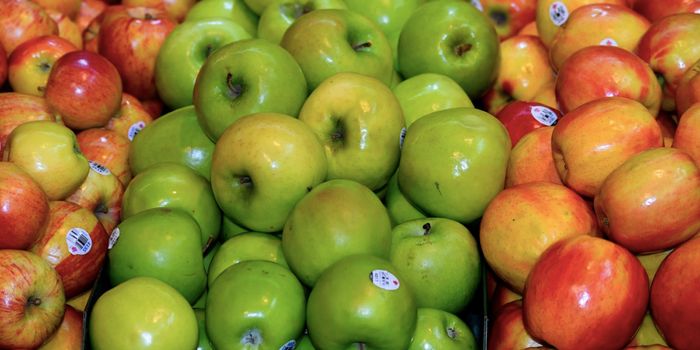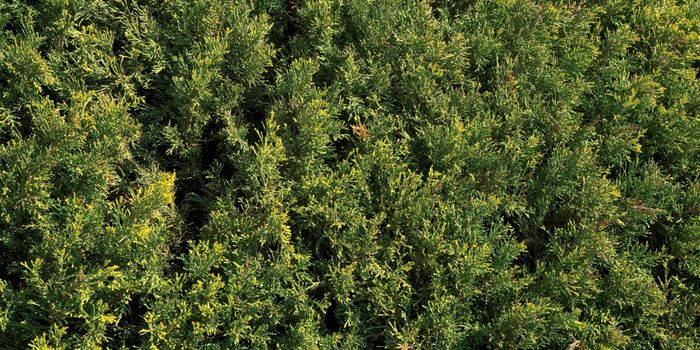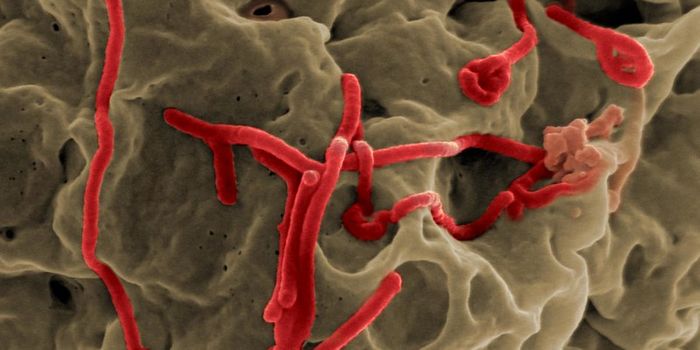Why Mosquitoes Have a Preference for Human Blood
There is a huge variety of mosquitoes in the world - around 3,500 species - and only a few species prefer humans for their blood meals. These species have become vectors for a number of serious, widespread diseases such as malaria. Researchers have now examined what has driven certain mosquitoes to bite people instead of animals. Reporting in Current Biology, their work suggested that to some degree, urbanization and to a greater degree, dry climates encourage mosquitoes to bite people, factors that will likely drive an increase of these encounters in the future.
"Aedes aegypti mosquitoes are invasive across the global tropics, where a strong preference for human hosts and habitats makes them important disease vectors," said study author Carolyn McBride of Princeton University. "We found that in their native range of sub-Saharan Africa, they show extremely variable attraction to human hosts, ranging from strong preference for humans to strong preference for non-human animals."
"Mosquitoes living near dense human populations in cities such as Kumasi, Ghana, or Ouagadougou, Burkina Faso, showed increased willingness to bite human hosts," added study author Noah Rose, also of Princeton. "But they only evolve a strong preference for human hosts in places with intense dry seasons--in particular, in the Sahel region, where rainfall is concentrated in just a couple months out of the year. We think this is because mosquitoes in these climates are especially dependent on humans and human water storage for their life cycle."
Humans generally consider mosquitoes to be major pests. But actually, noted the researchers, these insects are very diverse; some don't bite people. But some do, like the focus of this work, Aedes aegypti, which spreads dengue, yellow fever, Zika, and Chikungunya virus.
"Many people have speculated about why this species evolved to selectively bite humans, but our study is the first to address this question directly with systematic empirical data," added McBride.
The scientists knew that many mosquito species from Africa still don't prefer to bite humans, so they looked for places where they opt for humans and places where they go after other animals. They collected eggs from multiple sites at 27 locations in sub-Saharan Africa. In the laboratory, they tested the mosquitoes to see what kind of blood they preferred, from human to quail to guinea pigs.
The work revealed that mosquitoes that reside in dense, modern areas are more likely to choose human blood than mosquitoes from rural or wild areas. The scientists cautioned, however, that this effect was only seen in extremely urban areas, suggesting that this is not the primary reason why Ae. aegypti mosquitoes have ended up seeking humans.
The research also indicated that places where seasons are hotter and drier also have mosquitoes that choose humans over animals.
"I was surprised that immediate habitat didn't have much of an effect--mosquitoes in forests and nearby towns had similar behavior," Rose said. "I was also surprised that climate was more important than urbanization in explaining present-day behavioral variation. Many mosquitoes living in fairly dense cities don't particularly prefer to bite human hosts."
The evolutionary shift in biting preferences was associated with a concentration of many genes in a few small, significant areas of the genome.
"I think it will be surprising to people that in many cities in Africa, this species actively discriminates against humans," McBride added. "It is only when the cities become extremely dense or are located in places with more intense dry seasons that they become more interested in biting humans."
Climate change is expected to progress over the next few decades at least, and shifts in the dry season may not impact mosquito behavior that much. However, urbanization may become a more significant influence in the next 30 years.
Sources: AAAS/Eurekalert! via Cell Press, Current Biology









